As “The Poker Philosopher”, and in honor of one of my favorite non-poker blogs, I occasionally consider the ethical dimensions of a high-profile controversy in the poker community. In September, I discussed Joe Sebok’s decision to join Team Ultimate Bet. This month, I examine a $50,000 deal gone wrong (or right, depending on which party you ask).
The Situation: Until recently, Poker Stars used two alternate currencies for players who won satellites but either chose not to play the event or won multiple seats for the same event. $T could be used to buy in to any tournament on the site, and $W could be used only for special events like the WCOOP, the SCOOP, and satellites to land-based events. Neither could be used in cash games or cashed out directly.
Although Poker Stars did not itself purchase $W or $T from players, it did facilitate such transfers between players directly through its client. Thus, several businesses emerged to process such transactions, buying $W and $T in large quantities at less than face value and then reselling them at slightly higher but still lower than face value prices.
Earlier this week, Poker Stars decided to do away with $W altogether and convert all players’ $W into $T at face value. This was not privileged information, but Poker Stars did not announce it via e-mail, and many players were not aware of it. Because it was less flexible than $T, $W had a slightly lower value when exchanged for cash. And that’s where the complications arise.
According to a thread that he started on 2+2, George Lind III, a high stakes sit-and-go professional, regularly sold large amounts of $W that he won in single-table satellites to CashmanBrian, the largest buyer and seller of $W. This was a mutually beneficial arrangement: Lind got to convert large amounts of $W into cash, and Brian got $W that he could resell at a profit.
Aware of the imminent conversion, Brian asked Lind if he’d be willing to sell $W50,000 at their usual price. Lind, unaware that his $W was about to become more valuable $T, agreed. When he learned hours later of the conversion, Lind requested a refund of $900, the difference between what his money would have been worth as $T rather than as $W. Brian refused, initially feigning ignorance but ultimately arguing that business is business and that he had no obligation to inform Lind that $W was about to increase in value.
Did CashmanBrian unethically take advantage of Lind, or is this a legitimate act of speculation in which the more informed party rightfully earned his advantage in the transaction?
My Take: It is the former. In actively soliciting a sale that he knew to be disadvantageous to a business partner, Brian abused a trust that had been placed in him. Such dishonesty undermines not only CashmanBrian’s own business but ultimately the trust that is the lubricant for the entire poker economy.
Ethics exist to prevent individuals from pursuing their self-interest in ways that damage their community or society at large. Honesty is a core ethical imperative because it is essential to the functioning of virtually every aspect of most communities, certainly of an economy. Given that it is largely unregulated, the poker economy operates almost exclusively on trust. Players trust that the sites on which they play give them an honest shuffle and will pay out winnings. They trade, borrow, and invest huge sums of money with each other every day, often with minimal or no written contract. These transactions require all parties to extend some amount of trust to the others in the interest of achieving a mutually advantageous arrangement.
Brian took advantage of a trust that Lind extended to him to negotiate a deal that he knew would not be mutually advantageous. He had every reason to think Lind was not aware of the imminent conversion; indeed, if he were, Lind would have little to gain from such an exchange. If nothing else, the timing and the size of Brian’s request suggest that he was actively tapping his contacts to find individuals who did not know what Poker Stars was about to do and would be willing to sell $W at a low price as a result.
The “business is business” argument holds that Brian’s behavior was stupid but not unethical. In business, the argument goes, individuals are free to take advantage of each other in ways such as this, but only the most short-sighted will do so. Good businesspeople will recognize the value of trust, and this will serve as a check against exploitative behavior. For less than $1000, Brian alienated not only a valuable supplier but thousands of potential customers who will no longer do business with him. So while he was free to exploit an information advantage to make a quick buck, he will receive his comeuppance by losing more than that in future business, and George will learn a valuable lesson about doing his research and trusting a relative stranger.
While true, this is not sufficient. This would seem to excuse dishonest behavior if it were sufficiently well concealed or if the payoff were large enough to compensate for the loss of trust. In this case, taking advantage of Lind may not actually have been bad business. There is speculation that the $W conversion will spell the end of CashmanBrian’s business, in which case the trust of the community may not have much value to him anymore anyway.
More importantly, though, the theft at UB/AP has dramatically demonstrated the flaw in presuming that the value of trust alone will prevent bad behavior. It was long believed that online poker operators simply made too much money running an honest business to risk their reputations with theft. Sadly, the UB/AP experience proves not only that large-scale dishonesty is possible but that even when exposed, such behavior will not necessarily be disastrous for the business.
CashmanBrian’s actions undermine more than trust in his business alone. Every time that an incident such as this occurs, it increases the amount of grinding that must be done in all of the gears of the poker economy. The efficiency of these the poker economy is directly proportionate to the amount of trust that each individual feels he can place in any other other individual, some of whom he may never have met. When conducted honestly and efficiently, staking, borrowing, and trading are positive-sum transactions, exchanges where both parties come out ahead. If George Lind needs access to liquid cash and CashmanBrian has an extensive list of customers willing to buy $W, then all parties come out ahead when Brian facilitiates such a transaction. When I stake a talented poker player in an event that his bankroll wouldn’t enable him to play, I get a good investment and he gets the opportunity to play in a profitable game with reduced risk.
If honesty is not widely accepted as an ethical imperative within the poker community, then I will be less likely to stake players, to get staked when I need backing, or to trade money from one site to another. This harms both me and those who would otherwise have been my business partners. Every time there is an incident like this, members of the poker community are more likely to avoid mutually beneficial exchanges, to charge a larger vig on a trade, to insist on an escrow, or otherwise increase transaction costs to compensate for a lack of trust. This is a costly outcome for every member of the poker economy. Regardless of the financial consequences to him personally, CashmanBrian’s behavior must be considered unethical because of the harm that such dishonesty inflicts upon the entire community.

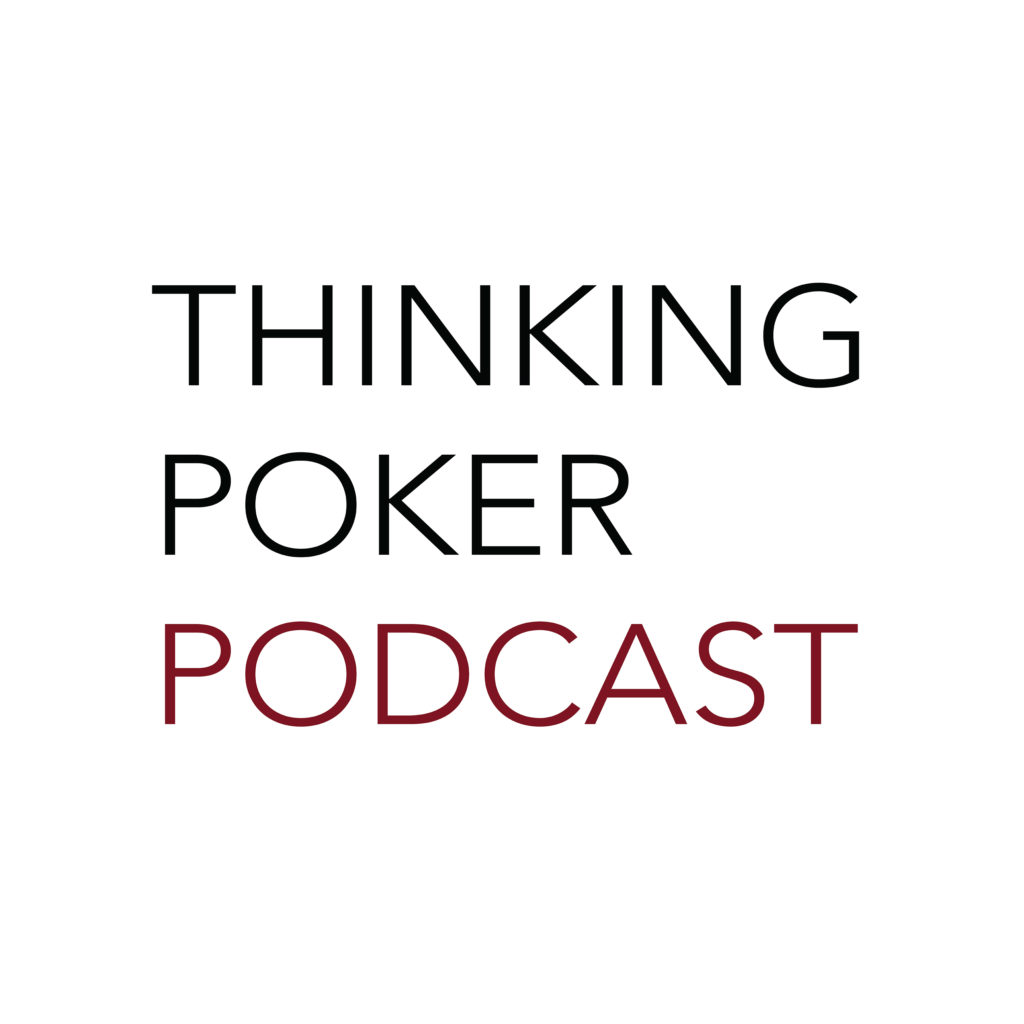



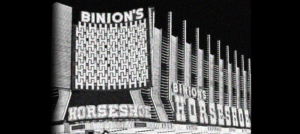


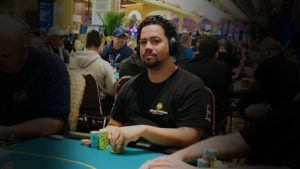
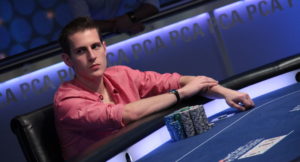

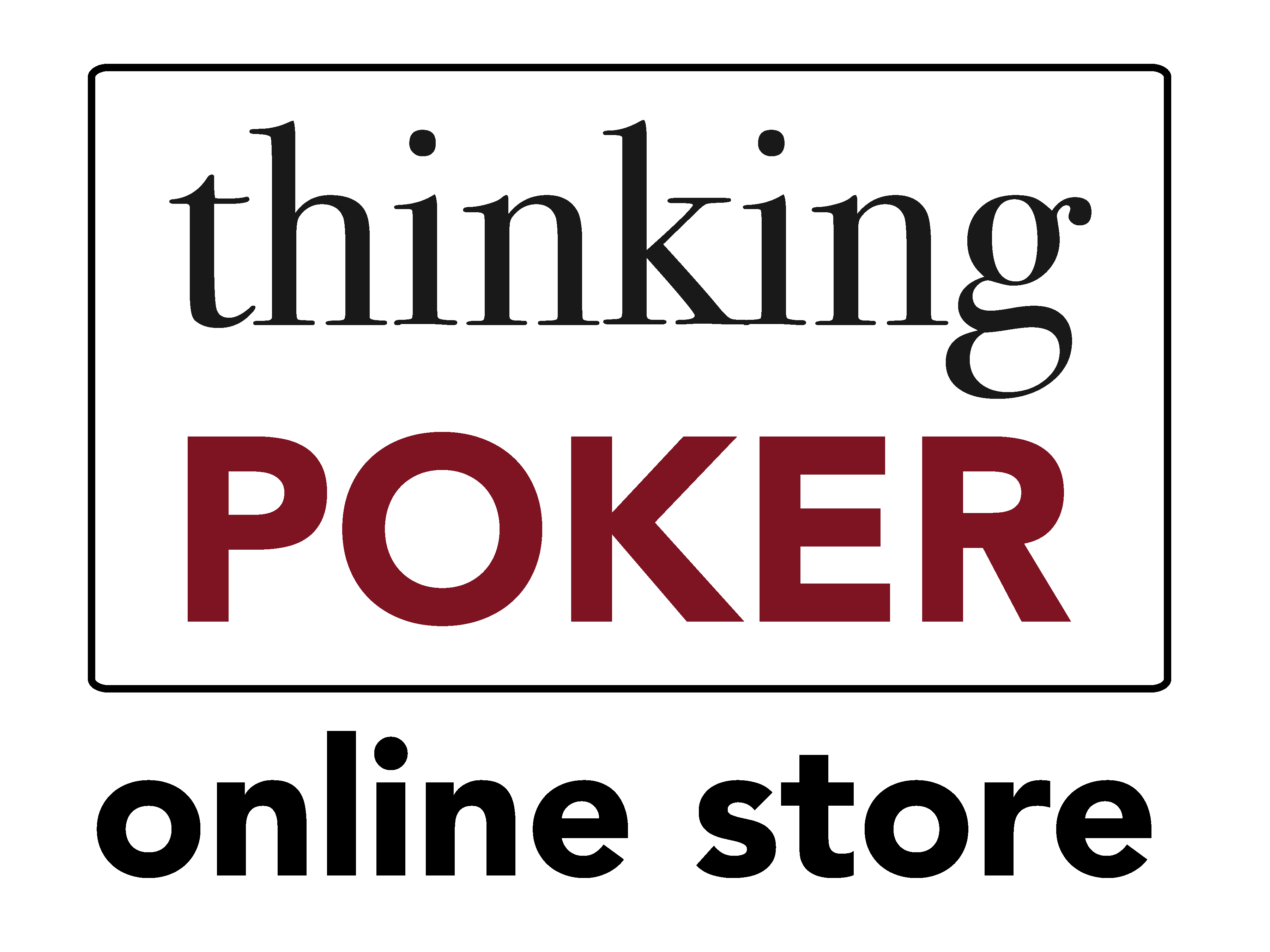
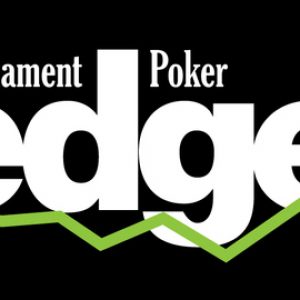
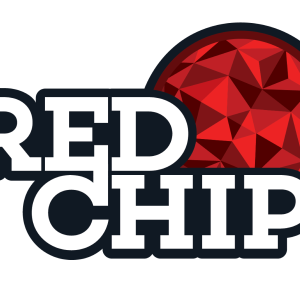
2 thoughts on “The Poker Ethicist: CashmanBrian”
+1 (He knew and encouraged the transaction.)
Comments are closed.